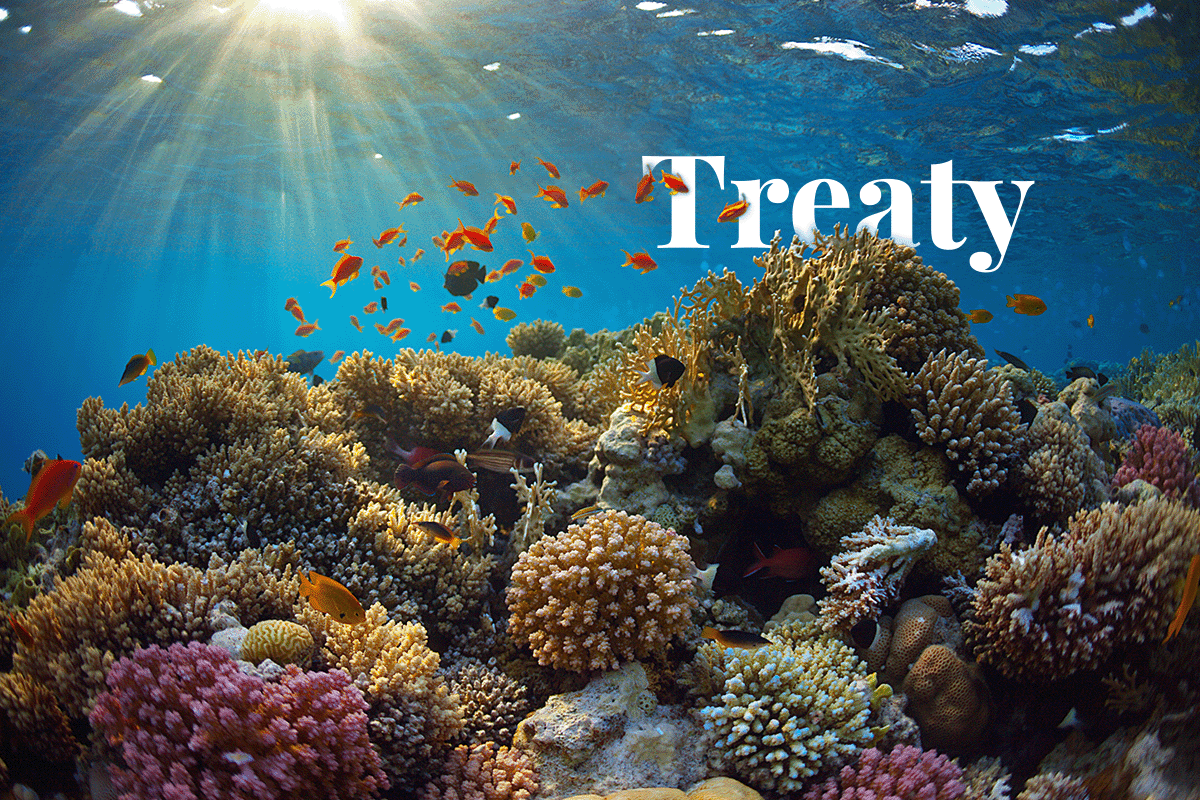Representatives from 175 nations gathered in Nairobi to address the pressing issue of plastic pollution, reflecting a global commitment to finding solutions. Last year, consensus was reached to finalise a UN treaty by 2024, acknowledging the threats posed by plastic to oceans, the atmosphere, and living organisms.
 Marine view of a coral reef.
Marine view of a coral reef.
While diverse opinions on the treaty's content exist, the ongoing talks, led by Peru's Gustavo Meza-Cuadra Velasquez, underscore the shared understanding of the urgency to counteract plastic pollution—a direct threat to the environment and human health.
The draft treaty, unveiled in September, introduces various policy options. Approximately 60 nations advocate for robust regulations on plastic production and usage, showcasing a positive push for sustainable practices.
Read more: The ultimate guide to plastic credits
As over 2,000 delegates engage in discussions, environmental advocates stress the importance of reducing plastic production. Kenyan President William Ruto emphasises the need for a transformative shift in human behaviour to combat plastic pollution positively.
The Nairobi negotiations precede crucial environmental talks in the United Arab Emirates on the occasion of COP28, amplifying the focus on emissions. Financing, a persistent point of tension, raises concerns about the burden on developing economies.
The strength of the proposed treaty, aimed for adoption by mid-2025, depends on government commitments to cap and phase down plastic production. Campaigners encourage swift progress in Nairobi, highlighting the positive impact of these discussions on shaping a sustainable future.
Read more: Corporate leaders join VCMI to authenticate high-quality carbon credits
DGB Group presents an innovative solution for businesses to counter their plastic impact and enhance environmental responsibility. Engage in our plastic-credit programme to actively contribute to the battle against plastic pollution. Each purchased plastic credit facilitates the removal of 1,000 kg of plastic waste from various ecosystems, mitigating further harm. Our commitment to transparency and accountability is evident in our collaboration with industry-standard verified initiatives. Partner with our experts to assess your individual plastic footprint, enabling you to accurately determine the credits required for effective offsetting.
Make your difference: offset your plastic footprint

